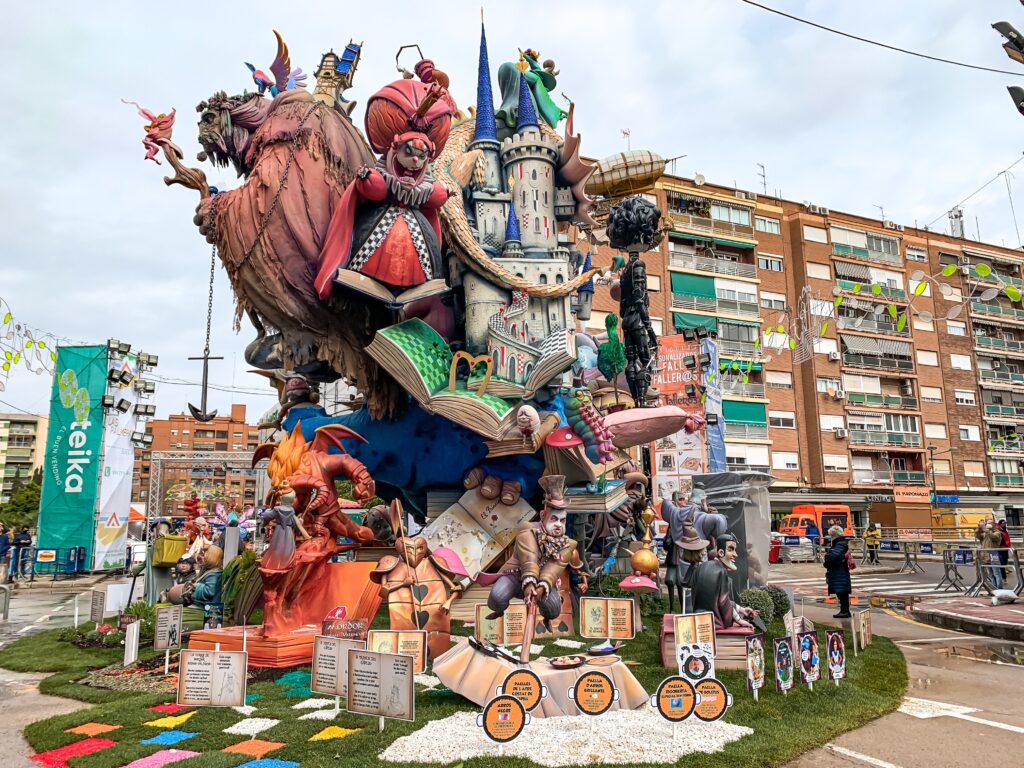The world is full of wild and wonderful culture, pass times and traditions.
Boarders don’t just define heritage and the difference in spoken languages, in which technical translations can bridge the understanding. They are a partition in lands that change the way people live, celebrate, and enjoy festivities.
With Spring well underway, I thought we could delve into some cultural traditions around this time that are out of the ordinary. The term ‘weird’ is used very loosely, and should be taken with a pinch of salt, as all traditions are obviously normal to those within that culture! This is written from the perspective of a Brit, with very much western traditions.
1. Bosnia – Cimburijada (The Festival of Scrambled Eggs!)
A Spring tradition in Zenica, Bosnia is called Cimburijada – The Festival of Scrambled Eggs.
This festival marks the changing of the seasons, from winter to spring.
The whole city will wake up to a large pan on a low flame by the river, and endless boxes of eggs!
The people of Zenica gather by the Bosna River in the early hours, and communally have a scrambled egg breakfast.
The egg symbolises the birth of new life, and is cooked in huge quantities within giant pans in the morning.
The city then proceeds to barbecue, party, and jump in the Bosna River for the rest of the day – signalling the start of swimming season!
2. Thailand – Songkran Water Festival (The Water Splashing Festival!)
On the 13th April every year, Thailand celebrate the start of the Buddhist New Year, with what is essentially a national water fight!
Songkran can go on for days, and is celebrated through visiting Buddhist monasteries, paying respects to elders, and no doubt drenching one another in water.
The largest festivities take place in Chang Mai, where locals and tourists alike will be in the streets dancing to music, and splashing water.
3. India – Holi (The Festival of Colours!)
Holi is an ancient Hindu festival that takes place every Spring in India. It follows events within Hindu beliefs, celebrating Radha Krishna’s eternal love.
People will gather in open spaces, and throw colourful powder called gulal at one another, causing plumes of rainbows and very colourful faces.
The different colours all represent certain aspects of the celebrations:
Blue: Krishna
Red: Love
Yellow: Turmeric (A widely used spice in Indian Food)
Green: Spring
This day of celebration is a joyous day full of love and laughter.
4. Spain – Las Fallas (The Festival of Fire!)
In March, the city of Valencia, Spain, celebrates Las Fallas. It is a traditional celebration that honours Saint Joseph, and signifies the coming of Spring.
This celebration involves pyrotechnics, firecrackers, street parties, and 18th-century costumes! Sounds like fun?
A huge part of Las Fallas is the burning of the ninots, large satirical sculptures made from papier-mache. Each year one is voted to avoid the flame and is secured in the Las Fallas Museum.
5. Japan – Kanamara Matsuri (The Festival of Fertility!)
Every Springtime in Kawasaki, Japan, celebrations are held called Kanamara Matsuri. This tradition is in prayer for fertility, smooth marital relations, and business prosperity!
Celebrations involve lots of drinking, dressing up, penis-shaped foods, and large phallic shrines.
Both locals and tourists will flock to the streets brandishing objects of all shapes and sizes and have a good laugh.
How can you utilise the knowledge of culture for your business?
A key part of exploring these various traditions and celebrations is to gain an understanding of different cultures. From a business perspective, if you’re looking for international expansion, this is crucial for a successful venture.
The knowledge of how the areas you are looking to move into function as a society, how they relax, celebrate and so on, will give you a chance in making a real dent in the market.
Understanding the use of language, and being able to convey your messages in a way that is direct and yet culturally appropriate, can be one of the biggest challenges.
For example, you are a digital agency based in the UK, creating a website to be distributed in China. Where do you start? How can you begin to understand a culture and language so different to your own, in such a short period of time.
This is where agencies such as Global Translations UK come in. They have accredited experts, culturally proficient in the specialist areas. They are industry-specific translators, able to localise the content into something market-ready.
In the case of this example, a technology translation would be appropriate to penetrate the Chinese market with ease.










